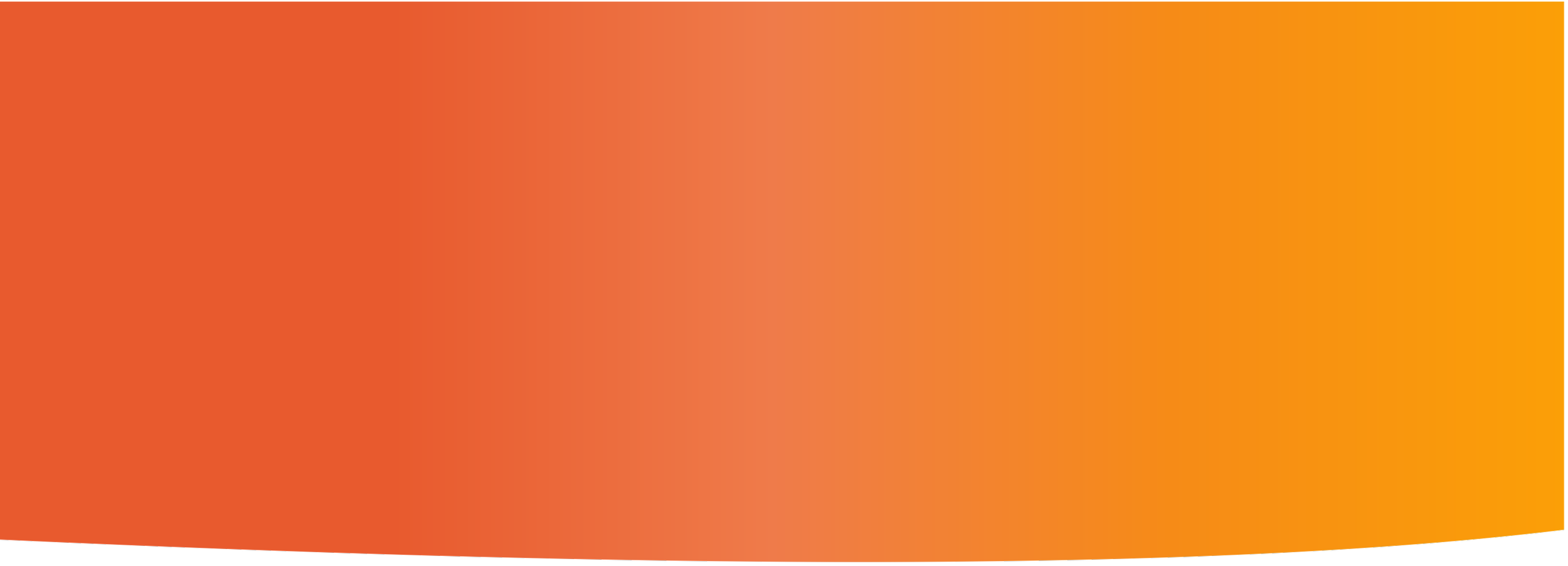
Stories
Insights & Ideas
We’re always learning and expanding our thinking.
Breaking Barriers: How to Structure Environments to Support Accessibility Needs
This July, as we mark the 33rd anniversary of the Americans with Disabilities Act (ADA) and Disability Pride Month, we delve into the transformative power of embracing workplace accessibility through a SEE lens. Click the link below to learn more and read this guest blog from Rachel Fink, a 2023 reDirect Fellow.
Reflections on the Environment as “The Third Teacher”
Discover how Verdi EcoSchool, a reDirect grantee and urban farm school in Melbourne, Fl., harnesses the potential of “The Third Teacher" in education. Delve into their reflections on how intentionally crafted environments can shape behavior, ignite curiosity, and foster a strong sense of community. Learn from Verdi EcoSchool’s insights into the power of conscious design, feedback, and the profound impact of the environment as a vital classroom.
From Planning Routes to Planning Cities: SEE Can Help
“There is an innovative dialogue between urban planning and the SEE framework, prompted by their orbit around a common inquisitive core: How can we leverage our environmental surroundings to bring about the best version of our society, our communities, and ourselves?”
SEEing our Way to Solar: Using Supportive Environments for Effectiveness (SEE) in Program Analysis
“Incorporating Supportive Environments for Effectiveness (SEE) in program analysis is a great way to understand a program’s success, as well as potential areas for improvement. This past summer, I had the privilege of working with Julie Roth from the City of Ann Arbor to take a closer look at what is making the Solarize program so successful in the Ann Arbor area…”
Communicating to Achieve the Shared Mission
“Over the past 12 months, I have been part of an amazing group, a first time cohort of Points of Light affiliates who are conducting volunteer engagement and Service Enterprise training across the country, while introducing a new framework called Supportive Environments for Effectiveness, or SEE…”
The Big Idea of Small Experiments
Small experiments – whether in the design of spaces, programs, or just our own lives – can have big impacts. They can also keep us from making big mistakes. Although the quick, flexible, and impermanent nature of small experiments can make them feel haphazard, they are anything but.
Aging Four Months With One Phone Call
The way that we understand the world is based, in part, on cultural norms. These norms are often so deeply ingrained that we don’t stop to think that they might be arbitrary – they just feel objectively right. In fact, they are so obviously right that we tend to assume everyone else, if they are reasonable and rational, must understand things the same way. But what happens when they don’t?
Banishing Everyday Stressors
Life’s daily hassles can add up in a big way, affecting our health, our stress level, and our ability to get things done. I had stopped noticing many of the little stressors around our house, but I saw them with fresh eyes when we returned home after an extended holiday. We embarked on a campaign against these small annoyances and not only improved our space, but reclaimed some mental energy along the way.
The More You SEE, the More You Know
The Supportive Environments for Effectiveness (SEE) framework gives me a way to view the world from the perspective of what people need to be their best selves. As I look through the lens of SEE, I’m noticing new things, understanding people’s behavior at a deeper level, and seeing how I can improve my own life and my interactions with others.
Reflections on Learning Circles: The Nonprofits’ Journeys
reDirect has used Learning Circles as a strategy for collaborating with nonprofits experimenting with Supportive Environments for Effectiveness (SEE) within their organizations. The organizations have taken different journeys—some have dabbled in several areas of SEE applications while others have focused on just one. Here are a few of our takeaways.
Learning Circles as a Funding Strategy
Fashioned after the Denver Foundation's Inclusiveness Project, reDirect initiated Learning Circles to help our grantees build a peer network as they develop a road map for implementing Supportive Environments for Effectiveness (SEE) in their organizations. Our Learning Circle cohorts have focused primarily on using SEE to improve internal organizational functioning.











